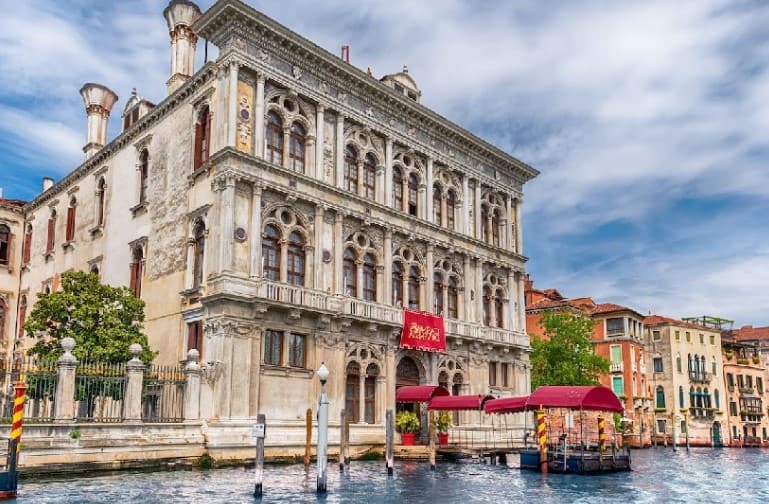
What was The Worlds First Casino?
The term “casino” has a rich history, originating from the Italian word “casa,” which translates to “house” or “home.” In the mid-18th century, the word found its way into English, initially referring to social clubs or gathering places for various activities, including gambling.
One of the earliest known casinos, the “Ridotto,” emerged in 1638 in Venice, Italy. This government-owned gambling house operated as a private club during the carnival season, allowing masked members to indulge in various games. Despite its popularity, the Ridotto faced closure in 1774, deemed a corrupting influence by authorities.
The Ridotto’s closure did not diminish its significance; instead, it laid the groundwork for modern casinos. Its existence highlighted the potential of controlled gambling establishments, paving the way for the diverse and regulated casinos we know today.
A casino, in essence, is a facility offering a variety of gambling games and activities to the public. These activities involve placing bets on outcomes such as card games, slot machines, or sports contests. The key elements defining a casino include a range of gambling games, the opportunity to win money, a regulated environment, and additional entertainment amenities.
Regulations play a crucial role in ensuring the fair and lawful operation of casinos. Most casinos are subject to oversight by government agencies or regulatory bodies, contributing to a secure and controlled gambling environment.
Beyond gambling, casinos offer patrons a holistic experience. Entertainment options such as shows, concerts, restaurants, hotels, and spas enhance the overall ambiance and attract a diverse audience.
Games of chance have a storied history, dating back to ancient civilizations. Evidence of gambling activities has been found in cultures such as ancient China and Rome. These societies engaged in various forms of gambling, including bets on animal fights and other chance-based events.
While the exact origin of the first casino game is challenging to pinpoint, historians suggest that casino-like establishments emerged in Italy during the Renaissance period, around the 16th century. Baccarat, a card game popular during this time, remains a staple in modern casinos.
In summary, the word “casino” encompasses a fascinating journey from its Italian origins to the emergence of early gambling houses. The Ridotto’s influence, combined with regulations and a diverse entertainment approach, has shaped the vibrant and varied world of casinos we experience today.
Latest Posts:

Stock Market Live: New Live Game Review by Evolution Gaming
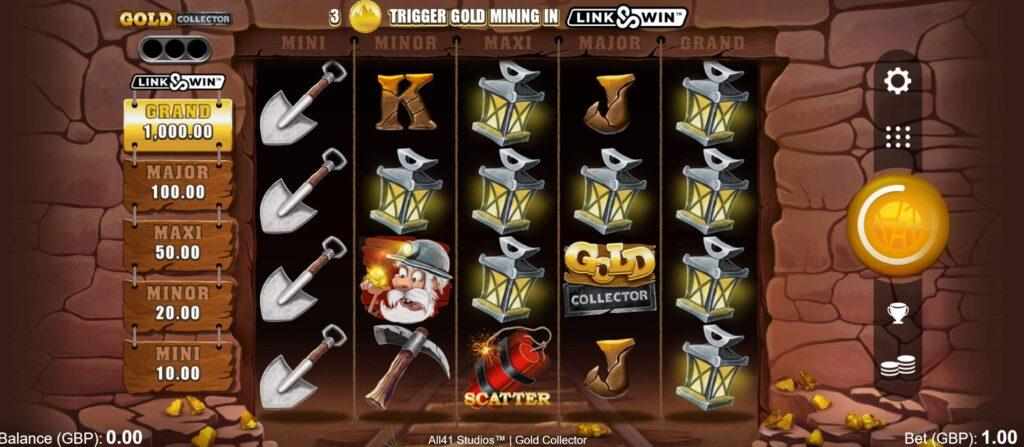
Gold Collector Hyper Hold™: Game Review All41 Studios and Microgaming

Links of Ra 2: Pyramids of Fortune | Unveiling the Ultra Link & Win
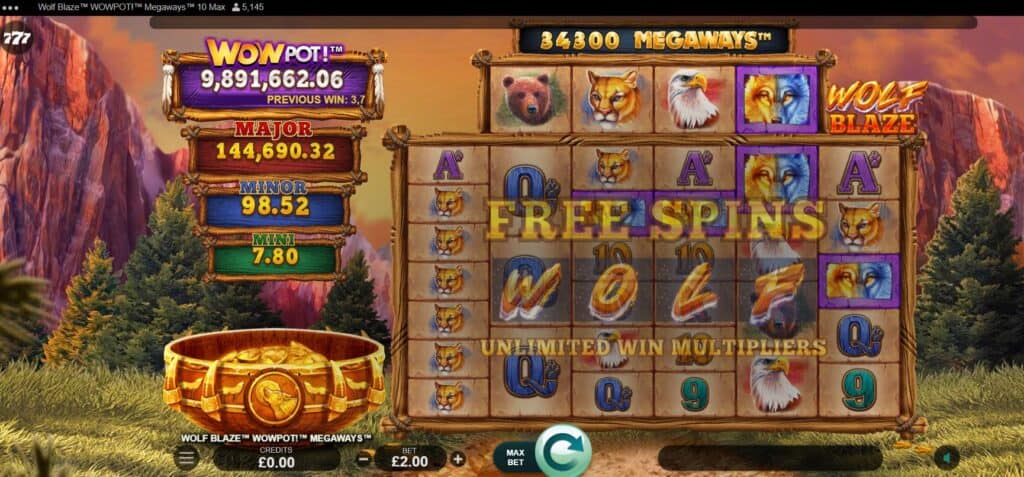
Embark on a Thrilling Adventure with Wolf Blaze WowPot Megaways
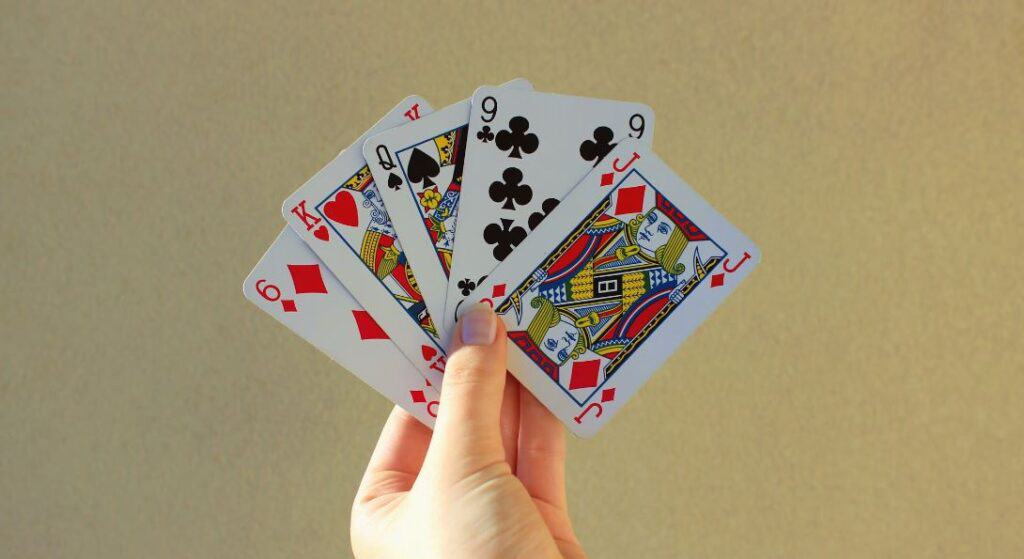
The Level Playing Field: Exploring Suit Equality in Poker
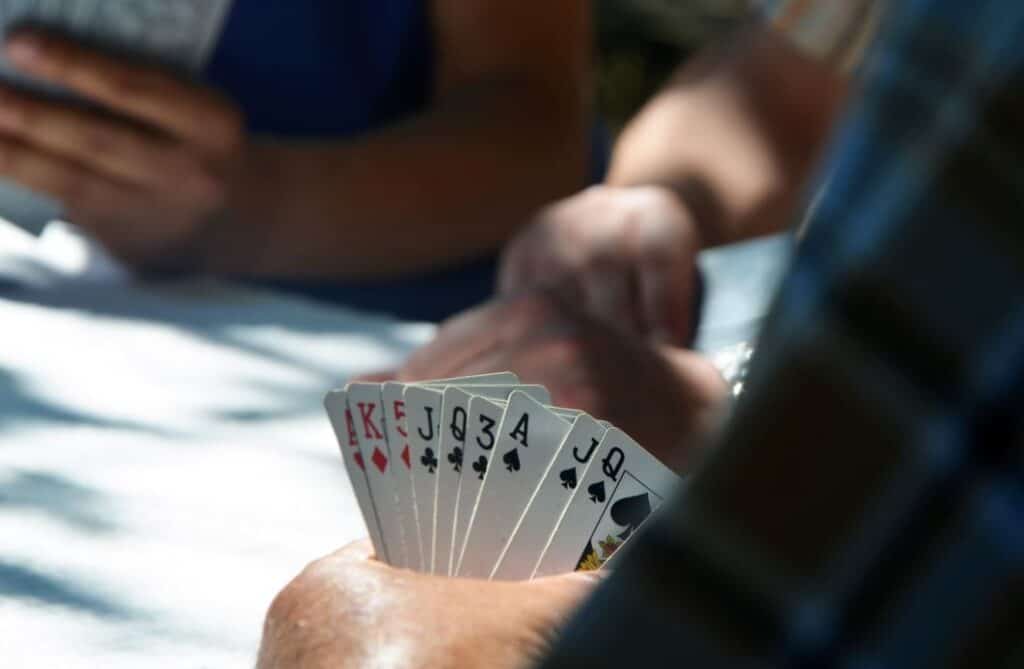
Navigating the Poker Table: Understanding Positions
Frequently Asked Questions (FAQs):
1. What is the origin of the word “casino”?
The term “casino” originates from the Italian word “casa,” meaning “house” or “home.” It found its way into English in the mid-18th century, initially referring to social clubs or gathering places for various activities, including gambling.
2. When and where was the world’s first casino established?
The world’s first casino, the “Ridotto,” was established in Venice, Italy, in 1638. This government-owned gambling house operated as a private club during the carnival season and played a crucial role in shaping modern casinos.
3. What defines a casino?
A casino is a facility offering a variety of gambling games and activities to the public. Key elements include a diverse range of gambling games, the opportunity to win money, a regulated environment, and additional entertainment amenities.
4. How did early casinos contribute to the development of modern gambling?
Early casinos, like the Ridotto, served as pioneers, demonstrating the potential of controlled gambling establishments. Their existence laid the groundwork for the diverse and regulated casinos we know today.
5. What role do regulations play in casinos?
Regulations are essential for ensuring fair and lawful casino operations. Most casinos are subject to oversight by government agencies or regulatory bodies, contributing to a secure and controlled gambling environment.
6. What amenities do casinos typically offer beyond gambling?
Casinos offer patrons a holistic experience with additional amenities such as entertainment options (shows, concerts), restaurants, hotels, and spas. This enhances the overall ambiance and attracts a diverse audience.
7. What are some popular casino games with historical significance?
Baccarat, a card game popular in Renaissance-era Italy, is one of the earliest known casino games. It remains a staple in modern casinos. Other historically significant games include dice games and sports betting.
8. How far back can we trace games of chance?
The origins of gambling can be traced back to ancient civilizations. Ancient Chinese texts and Roman writings describe various forms of gambling, including betting on animal fights, dating back thousands of years.
9. What distinguishes Reno from Las Vegas in terms of gambling history?
Reno, like Las Vegas, has a rich history with gambling. While Las Vegas surpassed Reno in size and glamour during the 1950s and 1960s, Reno remains a popular gambling destination, known for its proximity to Lake Tahoe and outdoor activities.
10. How have casinos evolved over time?
Casinos have evolved from early gambling houses to diverse entertainment complexes. Technological advancements have introduced online casinos, offering convenience and accessibility, while traditional casinos continue to innovate with new games and amenities.





